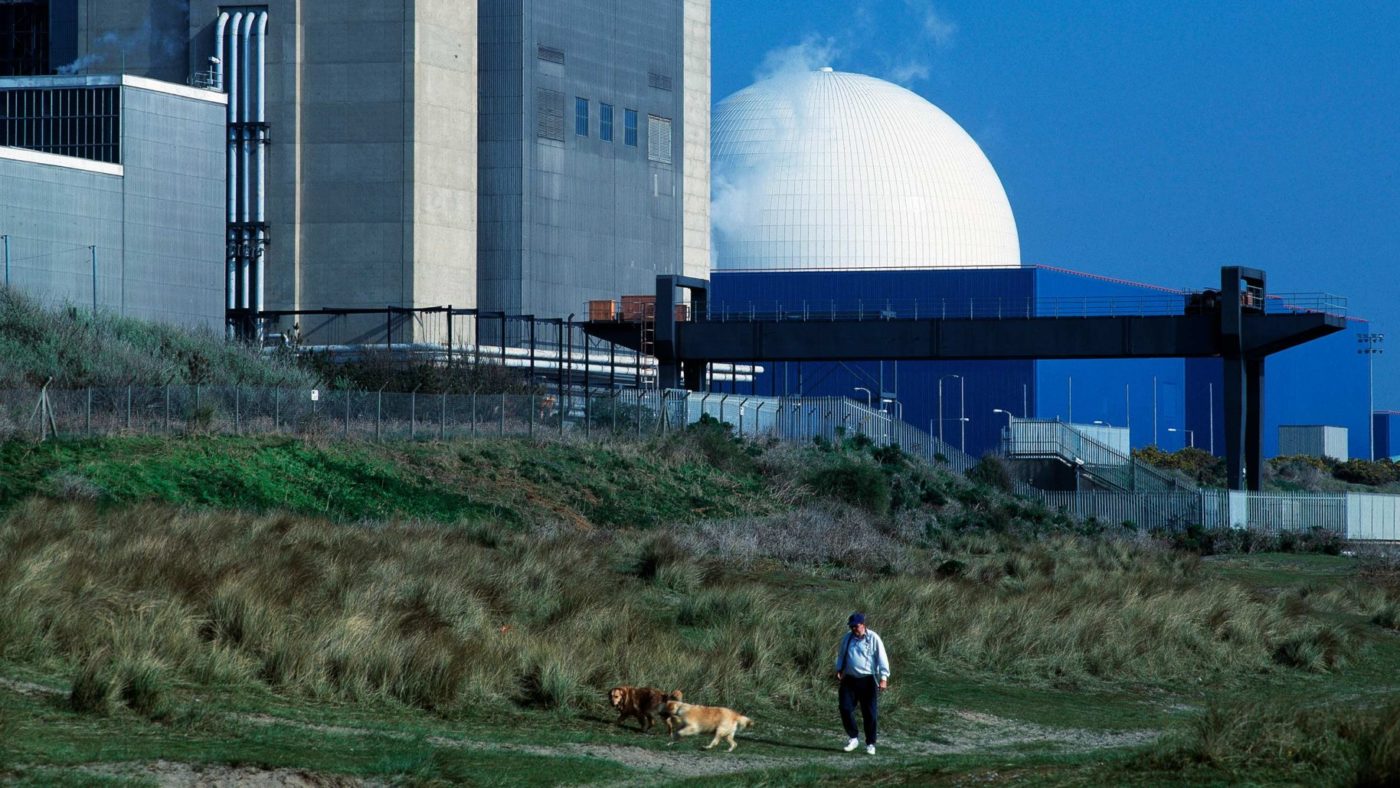After a lifetime in the green movement, I came out in favour of nuclear energy just over a week ago.
As you might imagine, I was immediately flooded by distressed calls from concerned environmentalist friends and fans. “Zion, you’ve changed,” they told me.
Have I changed? I still wake up in the morning and use a bamboo toothbrush that I’ll compost when it comes to the end of its life. I still eat a vegan diet. I still take my children cycling most days. I never learned to drive, in fact, on principle. None of that has changed.
But perhaps they’re right in one crucial way: I’m now willing to stand up for the truth about nuclear power.
The truth is that in the case of nuclear meltdowns, it isn’t the blast or the radiation that kills a lot of people, but overreaction to the event (as happened with Fukushima). The Chernobyl accident killed a few dozen people, but the reaction to it could have had a much higher death toll. The Chernobyl nuclear plant produced more electricity the year after the disaster in 1986 than the year before, and continued to operate safely for 14 years. Ukrainian politicians accepted a cash payment from the European Union to shut down the plant in 2000, which decimated the region’s economy.
The truth is that nuclear has the least waste, and almost certainly the easiest to manage waste stream, of any energy technology. So little nuclear waste is produced that it’s easy to manage in concrete and steel canisters on site during the 80 or 100 year life of modern nuclear plants. There’s no compelling case for doing anything else.
The truth is that the only significant environmental impact of coastal nuclear plants like the UK’s is the year-round warm water in the immediate vicinity, caused by normal plant operation. In coastal plants around the world, these warm spots create little hotspots of biodiversity. In the case of Crystal River nuclear plant in Florida, the premature shutdown of the nuclear reactor led environmentalists to scramble to save the families of manatees who had made the warm water their crucial winter refuge.
These facts are out there, so why didn’t I know them? I was misled into going against my own environmental values, first by arguing against nuclear power, and then afterwards by staying silent as my own doubts grew.
The facts about nuclear power have been misconstrued for many years, particularly in fictional books, films and TV shows. This also took a toll on my perception of nuclear. Yet, a quick look at the numbers of deaths and illnesses relating to energy production show that nuclear power is much safer than fossil fuels, with 330 times fewer deaths than coal, 250 times less than oil, and 38 times fewer than gas — take a look at the data here.
I’m trying to make amends by standing up for nuclear now. Boris Johnson has the opportunity to support the construction of the Sizewell C nuclear plant in Suffolk as the keystone of Britain’s green stimulus recovery. The approval of support for the Sizewell C project, an exact copy of Somerset’s Hinkley Point C, could at a stroke produce just over half the energy each year of Germany’s approximately €100 billion solar panel fleet. Of course, with Sizewell C lasting up to a century and solar farms lasting a quarter of that, and the plant operating day and night all year long, it’s only a rough comparison. But you can see why it appears to be our best path forward.
I don’t believe that simply getting the facts about nuclear out there will change people’s minds, as happened with me. Different people have different priorities, even when using the same information. But for me, because of my love for the environment and everything that lives with us here on earth, the choice is clear.
I invite you to join me. Just be prepared to get calls from your friends asking why you’ve changed.
Click here to subscribe to our daily briefing – the best pieces from CapX and across the web.
CapX depends on the generosity of its readers. If you value what we do, please consider making a donation.


